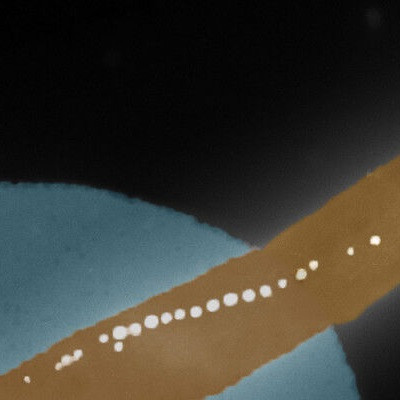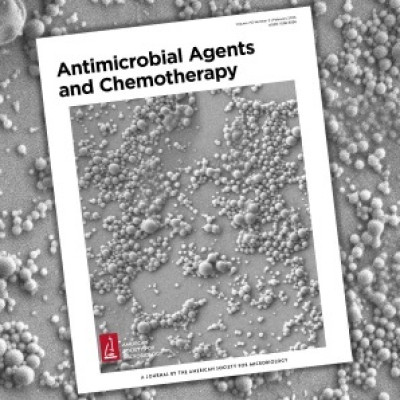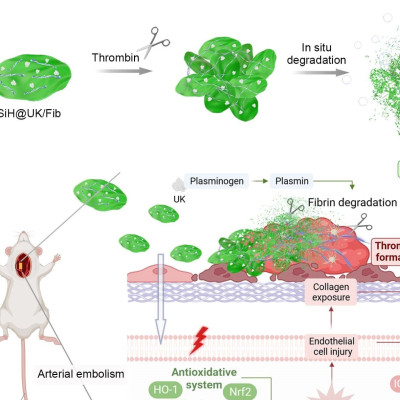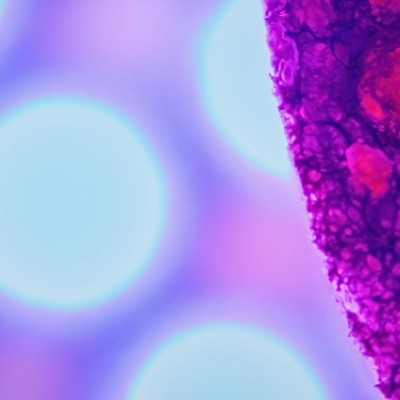GBM is an aggressive type of brain tumour that spreads rapidly and has a low survival rate of just 6 per cent four years on from a patient's diagnosis.
The original in-vitro program was completed in November last year and tested two cannabinoid formulations on GBM tissues.
The research showed that cannabidiol (CBD) slowed the tumour's viability, while cannabigerol (CBG) impairs the tumour's progression. Moreover, CBG can destroy glioblastoma stem cells, which are the root of cancer development and currently resistant to various treatments.
The expanded study is being conducted alongside the National Institute of Biology (NIB) and the Neurosurgery Department at the University Medical Centre (UMCL) in Ljubljana, Slovenia.
MGC Pharma and its partners will test the effect of both formulations on the glioblastoma tumour cells when delivered through the self nano-emulsifying drug delivery (SNEDD) system.
Nanoparticles are believed to improve the bioavailability and the blood-to-brain barrier issues, which are being optimised using SNEDD — an emerging strategy to tackle oral drug delivery issues.
If results successfully show the combination of the CBD and CBG formulations can eliminate the tumour cells, this could potentially lead to a major breakthrough for brain cancer.
A successful CBD-CBG formula could reduce the need for formulations with tetrahydrocannabinol (THC). THC is the main psychoactive compound in a cannabinoid, which can be harmful to GBM patients.
"Importantly, we are now moving forward with our next stage research which will now incorporate a new and innovative drug delivery systems. This is a very significant step for our research program and IP, as we look to transform and advance the way brain tumours are treated," Co-founder and Managing Director Roby Zomer said.
MGC Pharma and NIB will now commence testing of its CBD and CBG in nano-emulsifying formulations on GBM tissue. New patients with grade four glioblastoma will shortly be recruited and divided into subcategories so they can receive a personalised treatment plan.
Read the original article on The Market Herald.







